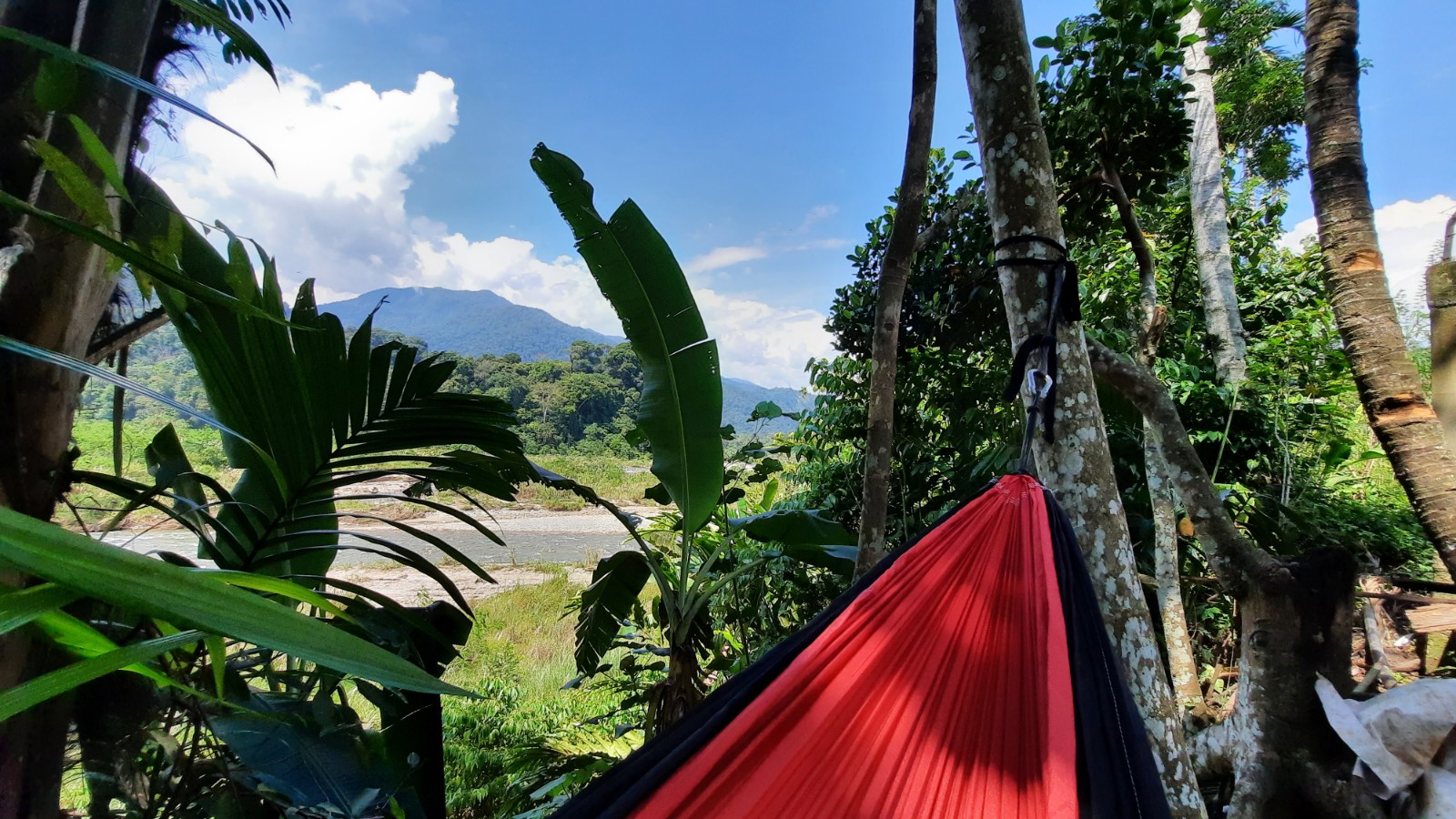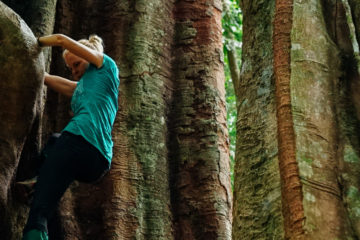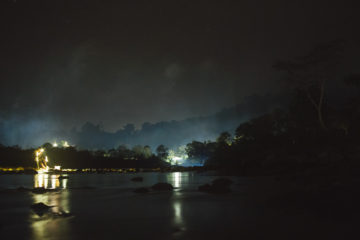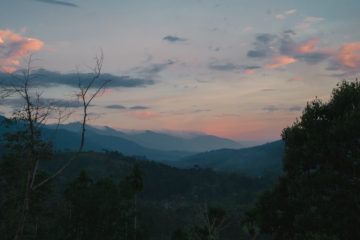I first travelled to Ketambe in 2016 when I met Safar. Since then it's been a rollercoaster of exciting new experiences and cultural differences - some of which I may never get used to! Here are my top 10:
1. Conversations can switch between different languages without a second thought
I'm forever amazed at the ease with which Indonesians learn languages. The village is split about 80/20 between Gayo people of Central Aceh and Alas people of South East Aceh, each of which have their own very distinct languages. At school kids speak the national Indonesian language. In the mosque prayers are all in Arabic. And the trekking guides working in tourism know English and a smattering of phrases from other European languages. In a group setting this can result in a bizarre conversation that switches between any of these mid sentence and leaves me feeling lost earlier than I'd like to admit!
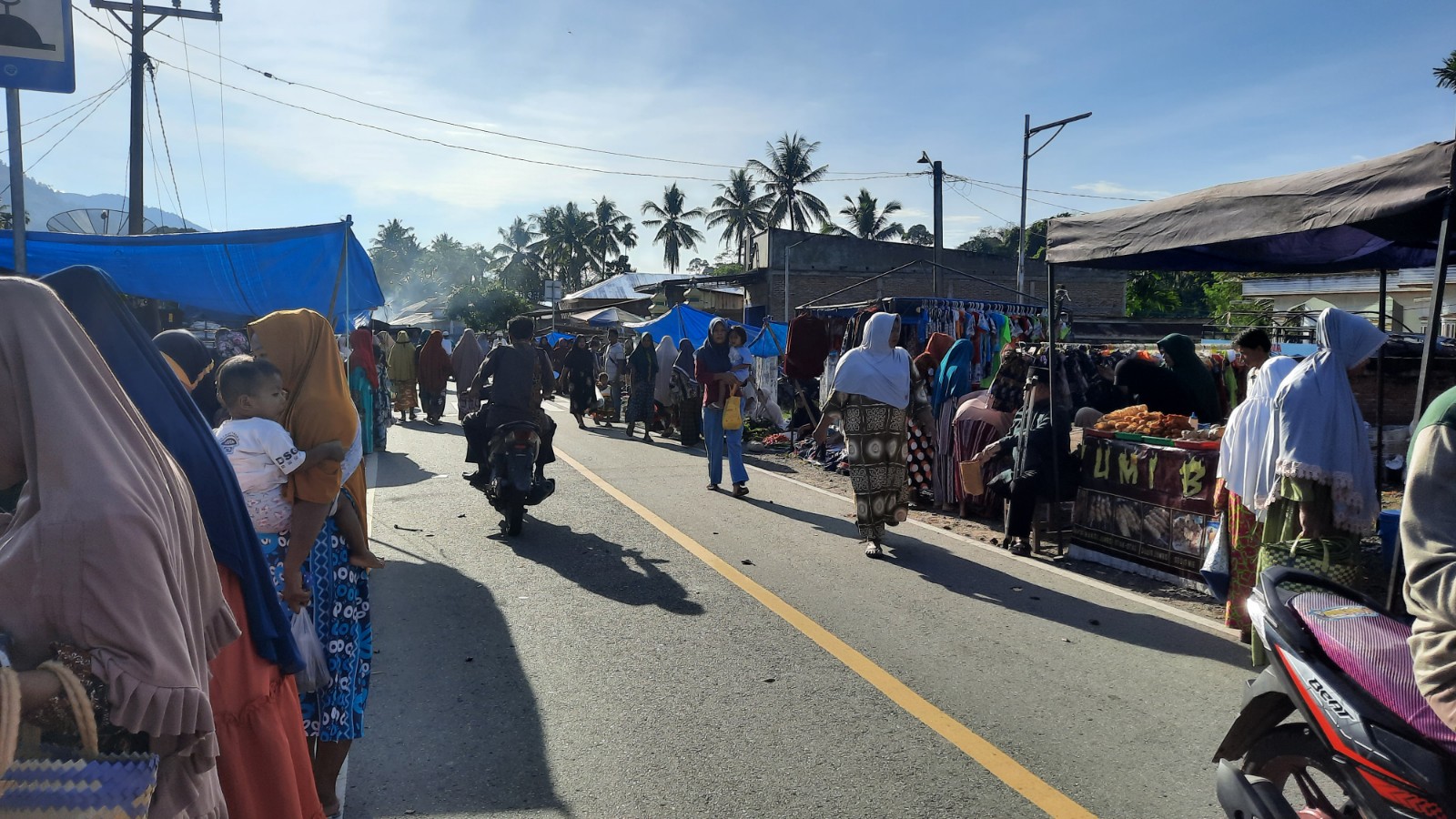
2. Bread is always sweet
Forget about putting vegemite on any of the bread here, it just wont work. Instead, be prepared for tiny little bread rolls filled with chocolate that come in miniscule snack packets. If you're a sweet tooth you'll be right at home! Although you may be more tempted by the super sweet exotic fruits...
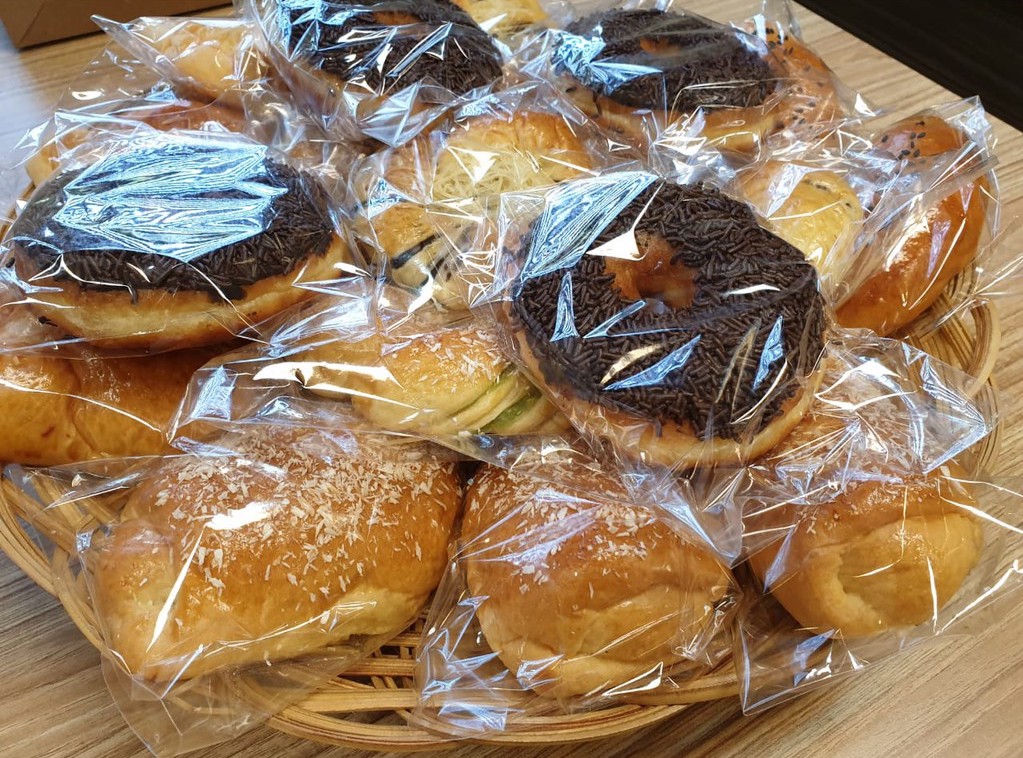
3. Hot water isn't a thing
Not for showers, not for washing dishes and certainly not for washing clothes. Hot running water is a foreign concept in a tropical climate like Ketambe and everyone seems to get by perfectly fine without it. To be honest, the shock of a cold shower each evening is a touch addictive after a while.
4. Everyone is an extrovert
As a solo traveller, you will be awed and admired and maybe a little pitied. Here people travel in packs and hate being alone for too long. Friends will sit and chat in groups for hours, sisters cook together for whole households, rooms are shared between multiple siblings and wild gangs of tiny children play elaborate, imaginative games together. To spend time alone willingingly is likely to cement an impression as a little bit weird.
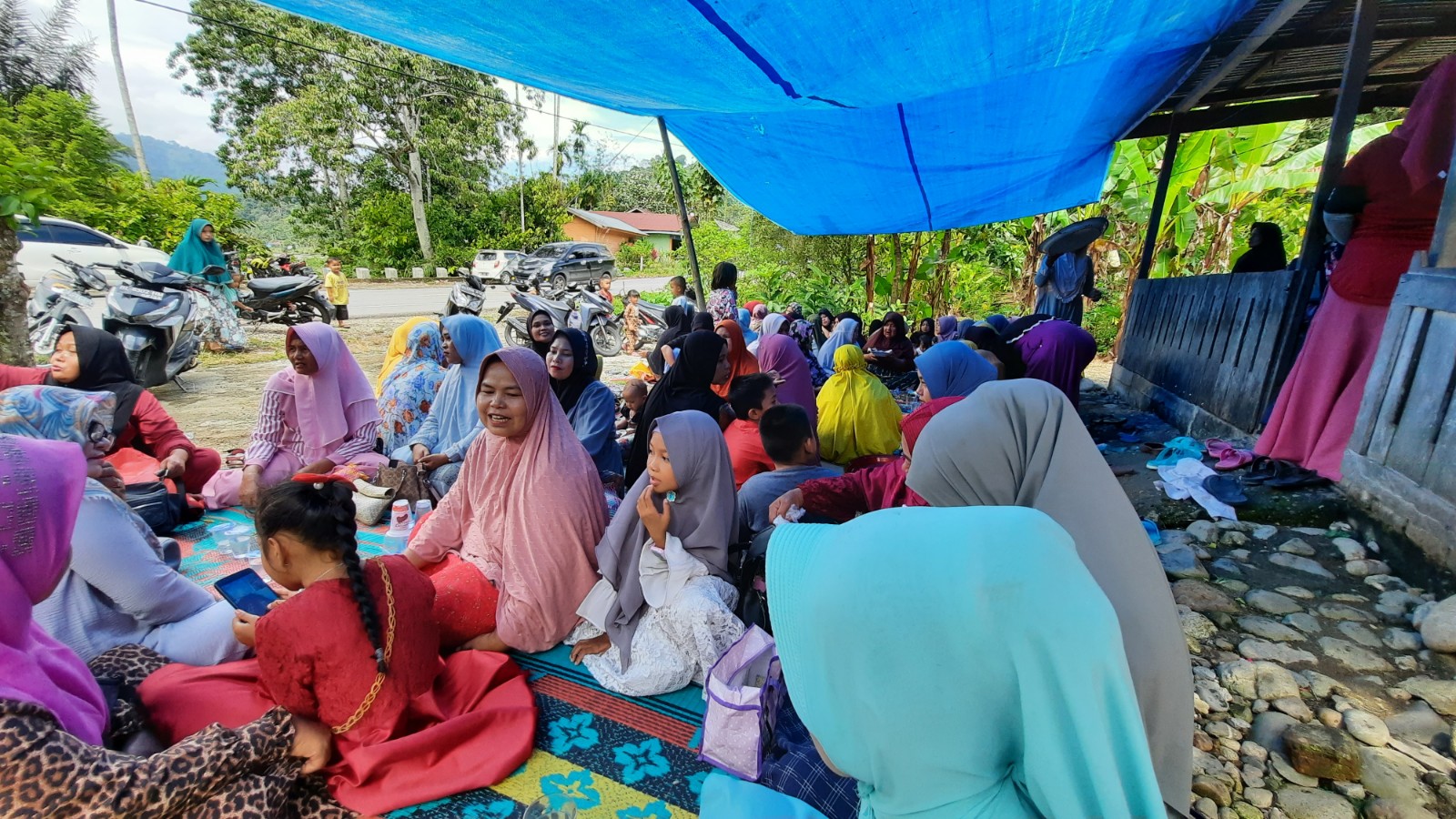
5. Taps are left running
Coming from a dry country this one might always make me uncomfortable. In a Ketambe household the taps are almost always left running into large buckets in the bathroom and kitchen. People then use scoops to easily dish out what's needed for cleaning or showering and the bucket is promptly filled back up from the tap until overflowing. Water is fed to the village via streams running off the surrounding mountain ranges that never run dry. In fact, the pressure build up by the sheer volume of water sometimes causes broken pipes and water outages. It probably helps that water supply is paid for by the month, rather than by volume.
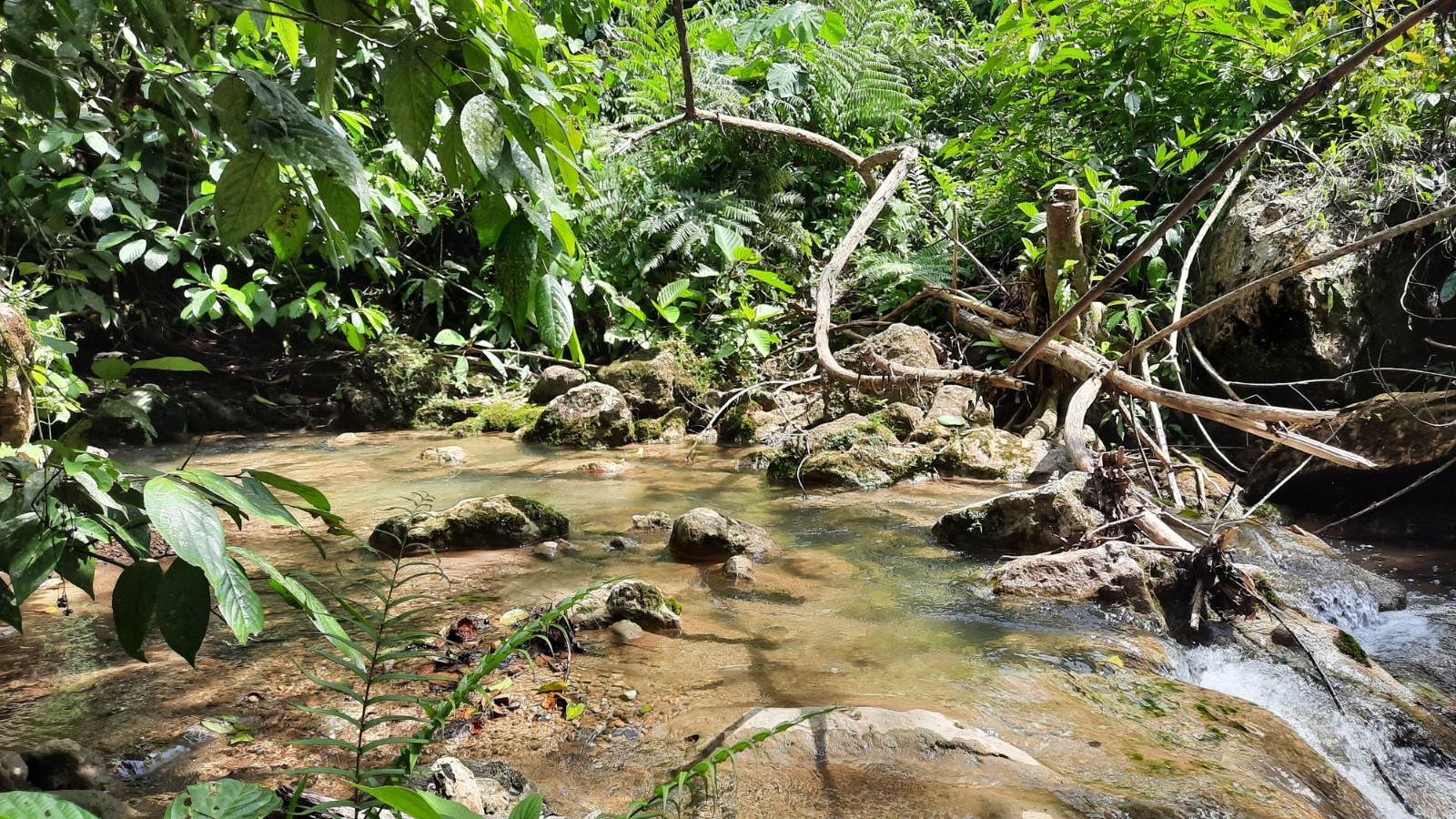
6.Everything grows so easily
That watermelon you were eating last week and throwing the seeds from? Yep, there's now 5 new watermelon seedlings in your backyard. Those chickens foraging between the houses? They got that big just from eating bugs and scraps. That giant jackfruit being made into curry? The tree didn't even exist 3 years ago. The bountiful sun, rain and organic matter in Sumatra is a hot bed for growth and it's like watching life progressing on fast forward.
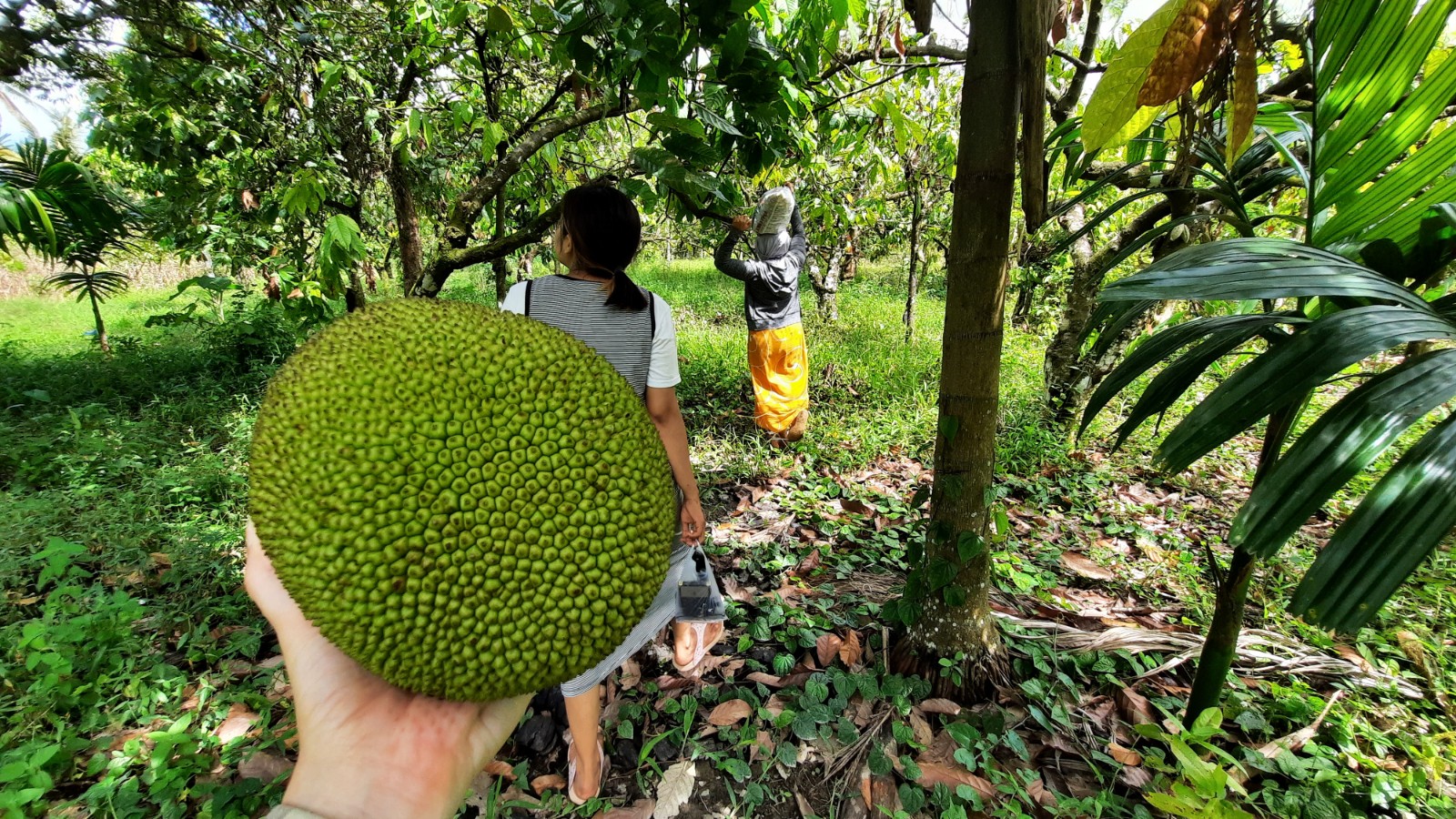
7. Private property isn't so private
Sumatra is definitely a culture of sharing. Houses are occupied by close and extended family alike. Tools are loaned to neighbours for months at a time. Motorbike keys are borrowed without question. Meals are shared with anyone within a 50m radius. It's perfectly acceptable and encouraged to rock up to someone's house without warning and stay to chat for a few hours. You wont find any "Keep out: private property" signs in this community.
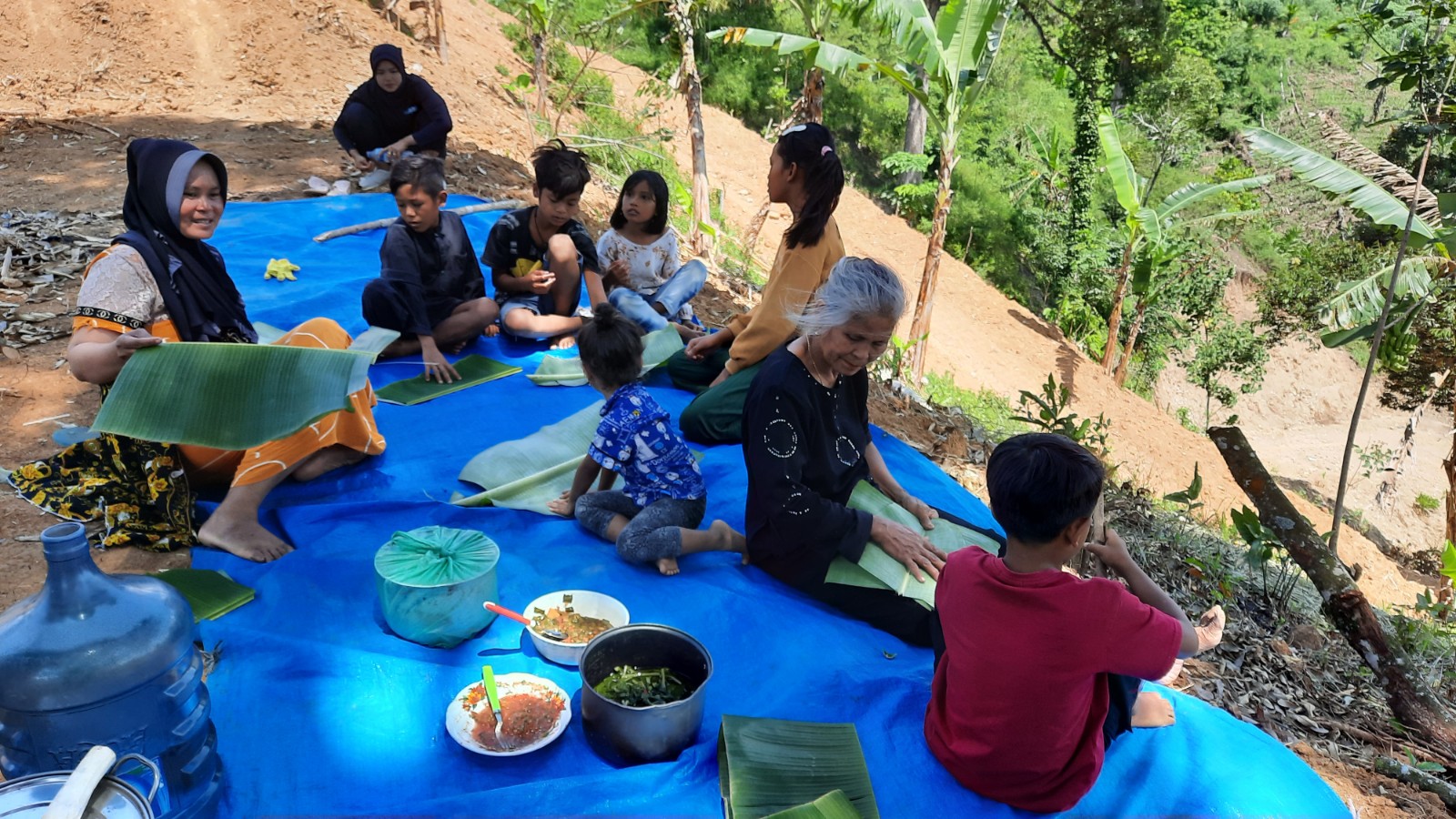
8. There is no rubbish collection
It can be confronting to have to personally deal with our own waste. What a privilege in western countries to be able to throw something in a bin and never think about it again. There is no garbage collection or bin day in Ketambe. What we consume we must dispose of ourselves. A long time ago when everything was made from organic materials this was never an issue. Waste was thrown into the garden and quickly became soil. But since plastic spread around the world it's not so easy to get away from.
There are two options for getting rid of rubbish in the village: throw it or burn it. We try to divide our rubbish into organics or plastics and dispose of accordingly, but for many who have always just thrown it away it's a hard habit to break. Kids are now starting to learn of the long term damages plastic waste can cause.
9. Hair conditioner is a rare find
The lack of hair conditioner is troublesome. Finding a decent bottle of it is not easy. I've tried to go without and my thin curly locks scream in protest. Somehow many of the women and men care for their gorgeous soft and shiny hair using shampoo alone. However much conditioner you think you'll need for a trip to Sumatra, bring double just in case.
10. Lazy is not a bad word
Feeling a bit slow today? Just want to chill in a hammock for a bit? Go ahead and be lazy! Working in the plantation or looking after the family can be hard work and people often spend their leisure time doing very little. Which is perfectly acceptable. With company of course!
